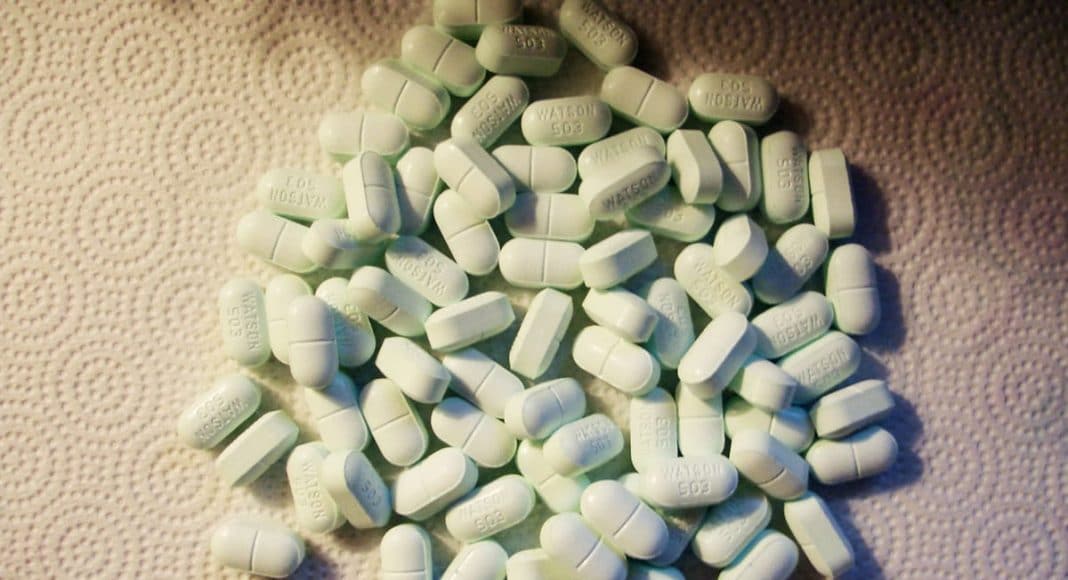According to the latest estimates, over 33,000 Americans died of an opioid-related overdose last year. We know that overdose risk is highest when people use adulterated street opioids, when they mix opioids with sedatives, or when using after a period of abstinence and decreased tolerance.
A public health approach to the overdose crisis requires us to find strategies to reduce these risks. This means ensuring that people who want to reduce or stop the use of opioids have access to Medication Assisted Treatments (MAT) such as methadone or buprenorphine, or other psychological treatments. However, it is estimated that, while over 2.4 million Americans met diagnostic criteria for an opioid use disorder in 2016, only half received any sort of specialty substance use disorder treatment- with many citing various barriers to care.
Similarly, access to MAT for opioid use disorders is a problem for many Americans because it is provided in less than 10 percent of all substance use treatment facilities in the US. Unfortunately, this can mean that many people have few options to get the help they need.
-
Related Story: An Accidental Solution To The Opioid Epidemic
In light of the current opioid crisis and issues with accessibility of treatments for opioid use disorders, it is time for us to look for alternative treatments that can increase access. Medical marijuana is one potential treatment alternative, which is more readily available to individuals in need across the country.
It is estimated that sixty percent of Americans live in a state with at least some form of legal medical marijuana and nearly 21% live in states with legal recreational marijuana. We know that there are close interactions between cannabinoid system and the opioid system. These shared pharmacological properties may help to explain why we have already seen decreased admissions for opioid-related treatment and dramatically reduced rates of opioid overdoses in states with medical marijuana laws. Opioid users may find cannabis to be an appealing alternative to opioids.
Subjective reports of medical marijuana patients in the US and Canada make a stronger case as to why some find marijuana as a helpful substitution treatment. (In this context, “substitution” means when someone uses one substance intentionally in place of another substance associated with more harms and negative consequences.)
A study with 350 medical marijuana patients in California found that 26% of respondents reported they used marijuana as a substitute for illicit drugs and 65.8% for prescription drugs. When asked why they preferred marijuana as a substitution, the most common reasons included fewer harmful side effects, helpfulness in managing their symptoms, lower likelihood of withdrawal, and better availability.
-
Related Story: 81 Percent Of Pain Patients Prefer Marijuana Over Opiates
A study with 404 medical marijuana patients in Canada found similar results; 36.1% of respondents reported marijuana was a substitute for illicit drugs and 67.8% for prescription drugs. The commonly reported reasons for substitution were the same as in the aforementioned US study. Given these results, there is reason to believe that there are already individuals using medical marijuana as a substitute for opioids and other drugs.
Evidence suggests that expanding medical marijuana could help people with opioid use disorders. States, like New Mexico with the highest rates of opioid overdose in the nation and fewer than 30 facilities which provide MAT, can’t afford to wait. This is why the Drug Policy Alliance’s New Mexico office is fighting to expand the conditions treated by medical marijuana to include opioid use disorders in the Lynn & Erin Compassionate Use Act. Given the growing accessibility of medical marijuana across the country, it is time to try a novel approach to save lives.
Sheila P. Vakharia is the policy manager of the Office of Academic Engagement for the Drug Policy Alliance.
This story first appeared on the Drug Policy Alliance website.


